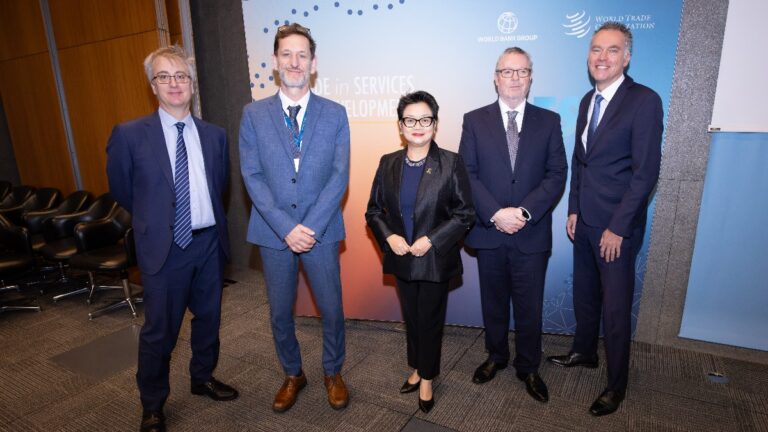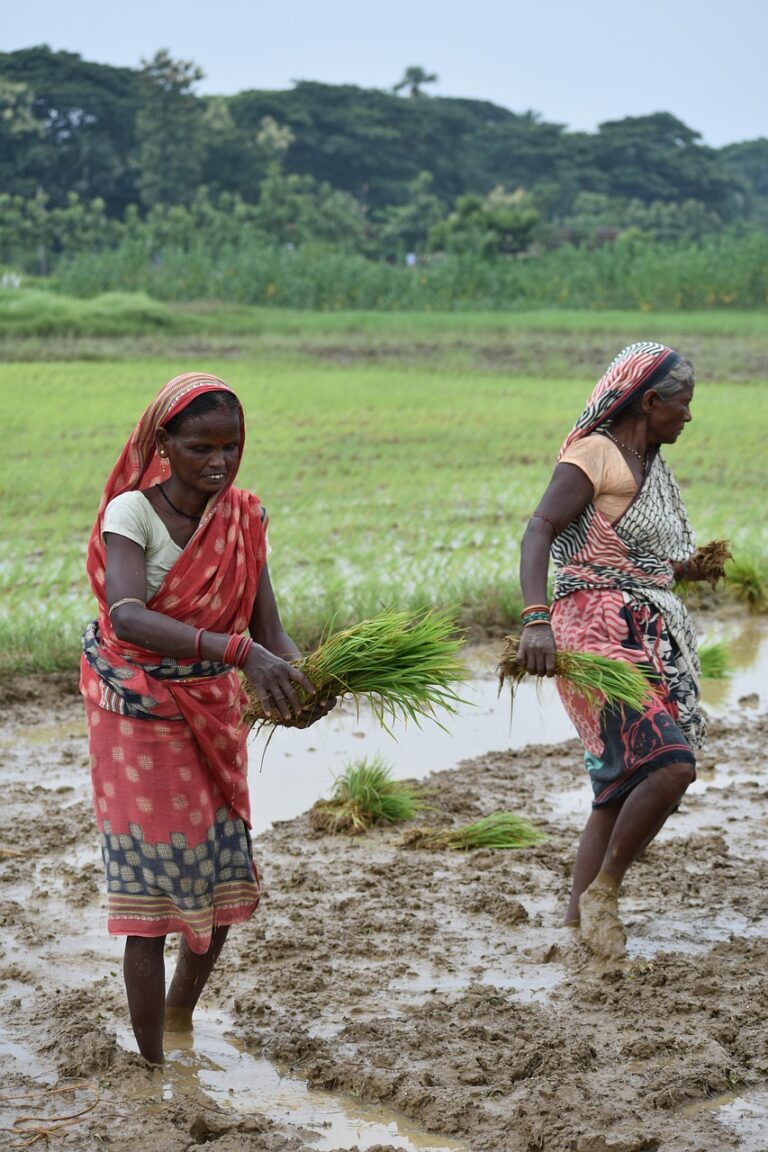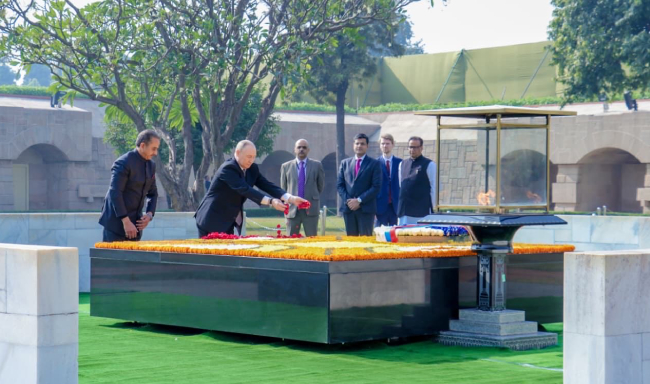
Busan (South Korea): India proposed a dedicated ‘Multilateral Fund’ for a new International Legally-Binding Instrument on Plastic Pollution, at the 5th session of the Intergovernmental Negotiating Committee, here today. The proposal links compliance by developing countries to developed countries meeting the former’s incremental transition costs.
India contended that the provision of technical and financial assistance to developing countries would be key to driving global action to address plastic pollution. It said it had modelled its proposal to set up a dedicated multilateral fund on the ‘Multilateral Fund’ which is set up for implementation of the Montreal Protocol.
The Indian proposal on the financial mechanism for the new instrument mandates the provision of financial and technical assistance, including the transfer of technologies, to developing countries to enable their compliance with control measures, agreed in the instrument.
The proposal links compliance by developing countries to be incumbent on developed countries meeting the incremental cost of transition of developing countries.
The proposed new dedicated multilateral fund will provide grant-based finance to developing countries, and the developed countries will be mandated to replenish the fund periodically, and, also provide flexibility of accepting private funds based upon agreed modalities.
The Indian proposal also provides for the setting up of a subsidiary body, with equal representation of developed countries and developing countries, to make operational policies, guidelines and administrative arrangements, including the disbursement of resources, to achieve the objectives of the ‘Multilateral Fund’.
Such an arrangement brings in joint ownership, India said. It recommended a governing body, which will decide the list of incremental costs to be covered by the new dedicated multilateral fund. The proposed subsidiary body will also look into the issues concerning technology transfer to developing countries.
Also read: Decisive talks on a global plastic pollution treaty opens in Busan
India claimed its proposal on financial mechanisms provides a workable model for providing funding for transitioning to environment-friendly technologies by developing countries. It said the model that it has proposed, has been under operation for some time under the Montreal Protocol on substances that deplete the Ozone layer. “Therefore, it is a practical and workable model which can drive global action on plastic pollution under the new international legally binding instrument on plastic pollution,” the Indian delegation said.
The fifth session of the INC is being held from November 25 to December 1, 2024, in Busan, is the last planned session of the Intergovernmental Negotiating Committee (INC) which is expected to conclude negotiations on the international legally binding instrument.
The previous four sessions of the Intergovernmental Negotiating Committee were held in Uruguay, France, Canada and Kenya after the fifth session of the United Nations Environment Assembly (UNEA) in 2022 adopted a historic resolution to address plastic pollution at the global level. The UNEA resolution mandated the Intergovernmental Negotiating Committee (INC) to develop an International legally binding Instrument on Plastic Pollution, and set into motion, a process to have a global agreement. The UNEA resolution took an ambition to conclude the negotiations of the INC by 2024. India has been engaging constructively in the negotiations.
– global bihari bureau





